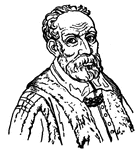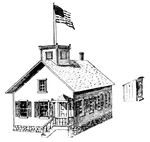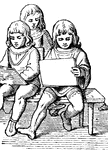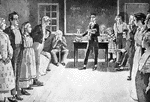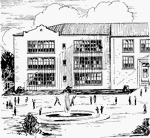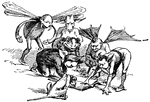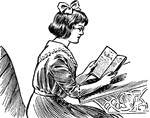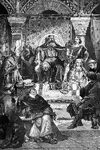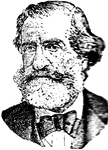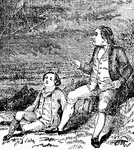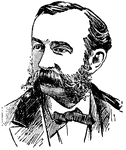
Daniel Coit Gilman
(1831-1908) Geographer and university administrator, first president of Johns Hopkins University and…
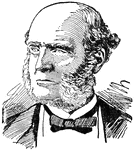
Thomas Hughes
(1822-1896) British writer who helped found the Working Men's College and also wrote Tom Brown's Schooldays
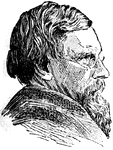
George Inness
(1825-1894) Painter whose works reflected the Hudson River school and later became an Impressionist.
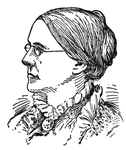
Susan B. Anthony
(1820-1906) Susan B. Anthony was a school teacher who became a prominent agitator for the abolition…
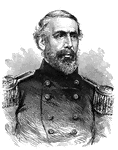
General J. H. Hobart Ward
"General Ward, born in New York city, June 17th, 1823, was educated at Trinity Collegiate School; enlisted…
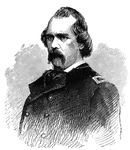
General Edwin V. Sumner
"General Sumner, born in Boston Mass., January 30th, 1797, died in Syracuse, N. Y., March 21st, 1863,…

General Daniel Tyler
"General Tyler, born in Brooklyn, Windham County, Conn., January 7th, 1797, died in New York city, November…
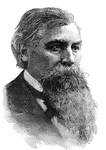
General Jeremiah M. Rusk
"General Rusk, born in Morgan County, Ohio, June 17th, 1830; died in 1894. He divided his time between…
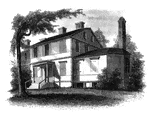
Liberty Hall
Liberty Hall. Some time after the death of Governor Livingston this property was purchased by Lord Blingbroke,…
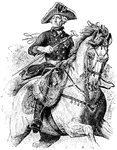
Frederick the Great
"Frederick II (The Great, 1740-1786). The young Frederick had been brought up in a rough school. His…
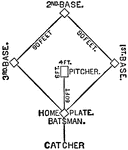
Baseball Diamond
"Base Ball is a field game played principally in the United States. It originated in the English school-boy…
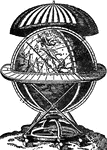
Globe of Copernicus
"Copernicus, or Nicholas Koppernigk, was the founder of modern astronomy. From a school in Thorn Copernicus…

Alcaeus
"Besides Sappho, her friend, perhaps lover, Alcaeus is almost the sole representative of the Aeolic…
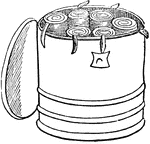
Capsa
"A box for holding books among the Romans. These boxes were of cylindrical form. There does not appear…
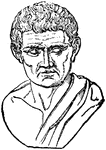
Aristotle
"Aristotle was born in 384 B.C., at Stagira, a seaport town of Chalcidice, whence he is frequeently…

Open-air schoolroom
"An open-air schoolroom in Sacramento, California. The inclosed room is used only in bad weather." —…
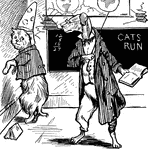
How Fritz Learned To Spell "Cane"
A scene from the story, How Fritz Learned To Spell "Cane". Fritz was a lazy doggie. He never…
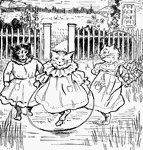
When The Catland School Is Out
A scene from the story, When The Catland School Is Out. Don't you think the kitties in this…
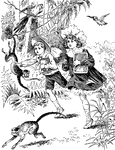
Going To School In Monkey-Land
A scene from the story, Going To School In Monkey-Land. How Eric and Mary went to school in…
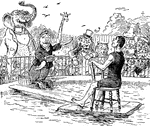
Topsy Turvy
A scene from the nursery rhyme, Topsy Turvy. If Daddies went to school again and small boys…

Ventilating room
"Cold air flows up through the pipe a, and is heated by stobe b, inclosed in sheet iron c. The smoke…

Jean Marchand
A french soldier born in Thoissey, France, Nov. 22, 1863. He joined the army in 1883, but attended the…
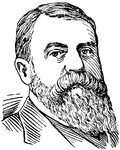
Dwight Moody
An American evangelist and publisher who founded the Moody Church, Northfield School and Mount Hermon…
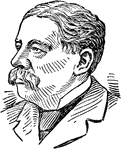
Richard Olney
A statesman, born in Oxford, Mass., Sept. 15, 1835. In 1856 he completed a course at Brown University,…
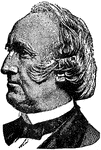
Wendell Phillips
An American abolitionist, Native American advocate and orator. After graduating from Harvard in 1831,…
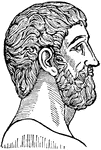
Plato
The founder of a school of Greek philosophy, born in Athens in 429 B.C.; died there in 347 B.C. He was…
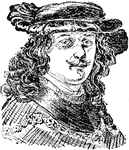
Rembrandt Van Rhyn
An eminent painter and etcher, born in Leyden, Holland, July 15, 1607; died in Amsterdam, Oct. 8, 1669.…
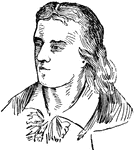
Johann Schiller
Born at Marbach, Germany, Nov. 10, 1759; died May 9, 1805. He was the son of Kaspar Schiller, an overseer…
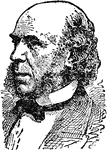
Herbert Spencer
An English philosopher most prominently known as the father of Social Darwinism, a school of thought…
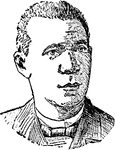
Booker T. Washington
An African American educator and author. He was born into slavery at the community of Hale's Ford in…
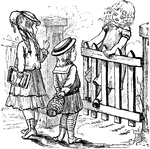
Young Girls
This illustration shows three young girls in their school clothes gathered around a fence.
